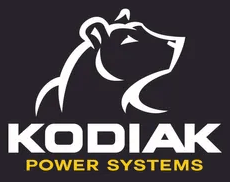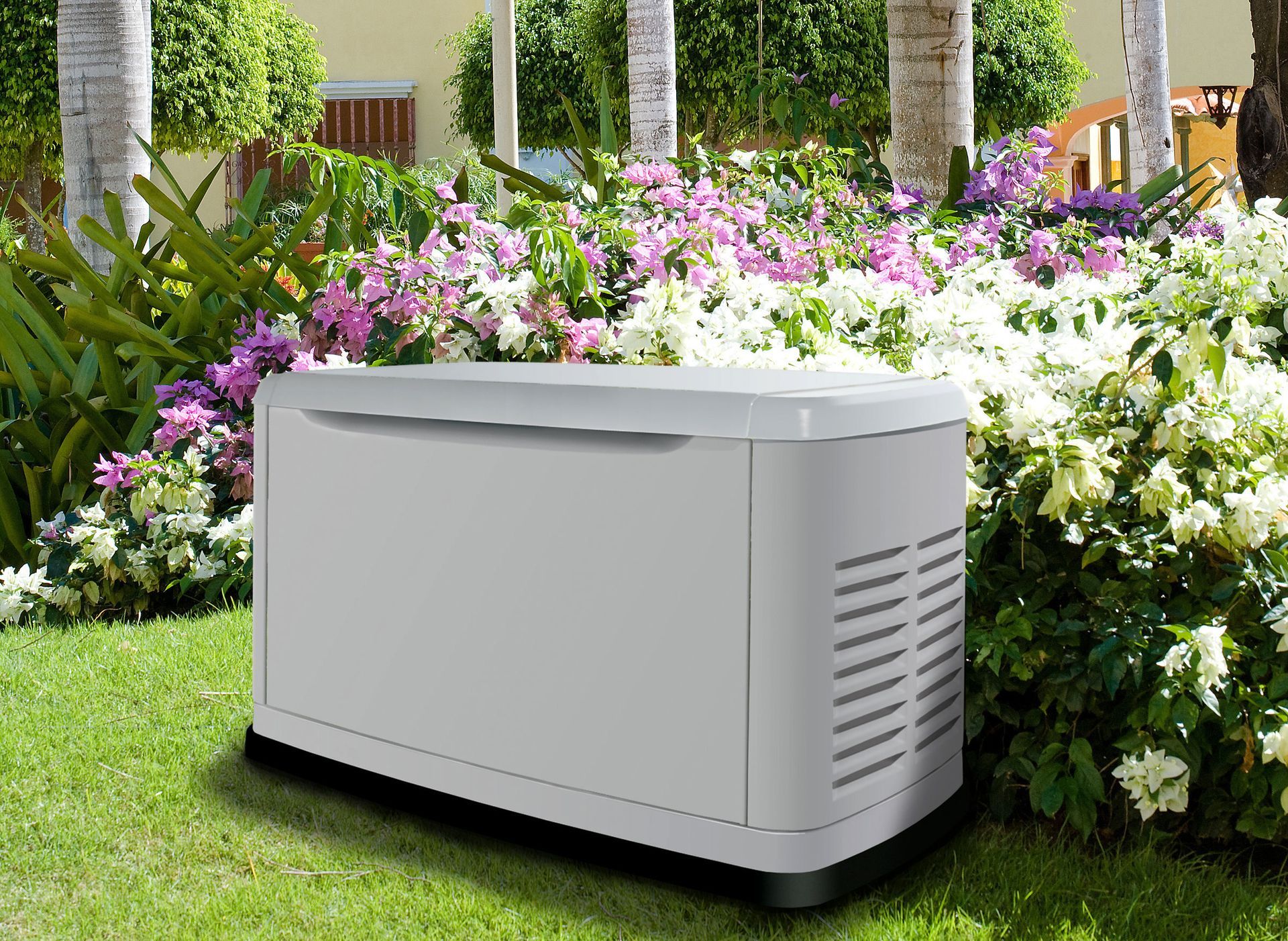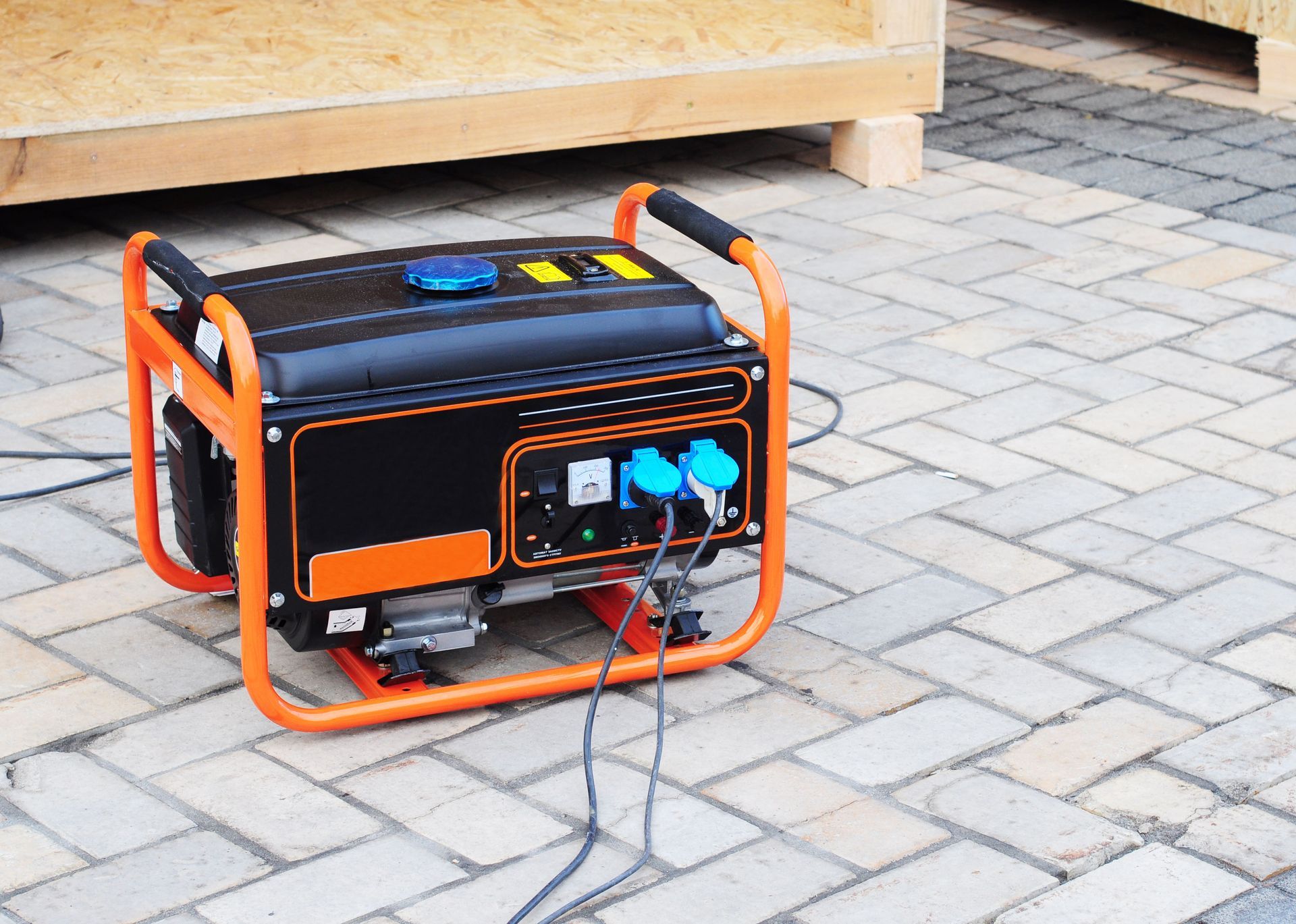5 Key Factors to Consider When Purchasing a Generator
In today’s world of unpredictable power supply and increasing natural disasters, having a reliable backup power source is more important than ever. Whether for residential, commercial, or industrial purposes, a generator can be a crucial investment that offers peace of mind and protection against power outages. With an array of options available on the market, choosing the right generator service can be daunting. It’s not just about picking a generator; it’s about finding a service provider who ensures proper installation, ongoing maintenance, and timely support when issues arise. Considering factors such as generator size, fuel type, efficiency, and noise levels is critical, but having a trusted generator service backing your investment ensures longevity, reliability, and optimal performance. By making an informed choice, you can safeguard your property, protect essential operations, and enjoy uninterrupted power no matter the circumstances.
1. Selecting the Right Size
The first and foremost factor to consider is the size of the generator. This refers to the power output measured in kilowatts (kW) or kilovolt-amperes (kVA). Determining the size you need involves calculating the total wattage of all appliances and systems you intend to power during an outage. An undersized generator will struggle and may fail prematurely, while an oversized one can be unnecessarily costly. Strike a balance by assessing your energy needs comprehensively and consulting a professional generator service if needed.
2. Identifying the Fuel Type
Generators run on different fuels – commonly gasoline, diesel, propane, or natural gas. Each type of fuel has its pros and cons. Gasoline is readily available and provides good portability, but it’s less efficient for larger units. Diesel is more efficient and durable, making it ideal for bigger operations. Propane and natural gas generators are cleaner in terms of emissions, with natural gas being an excellent option for urban homes with existing gas lines. Consider your long-term fuel availability, cost, and environmental impact when choosing. A professional generator service can advise on the best fuel type for your specific needs.
3. Assessing Installation and Maintaining Performance
Installation and maintenance are vital considerations as they influence the total cost of ownership and functionality of the generator. Generators can be portable or stationary; portable generators require minimal installation but need manual setup during use, whereas standby stationary generators offer automatic, seamless operation but at a higher installation cost. Moreover, factor in regular maintenance such as oil changes, filter replacements, and system checks, to keep the generator reliable and efficient over time. Scheduling periodic generator service ensures optimal performance and longevity.
4. Evaluating Noise and Minimizing Disturbances
Noise pollution is often an overlooked factor when purchasing a generator, yet it can significantly affect comfort and compliance with local ordinances. While portable generators are typically louder, modern innovations have led to quieter models available for both portable and standby generators. Some communities have noise regulations, so ensure your chosen model complies. Opting for a generator with a sound-dampening enclosure or installing noise barriers can also help in reducing the disturbance noise levels might cause. Your generator service can also provide tips for minimizing operational noise.
5. Understanding Market Trends and Managing Costs
The generator market is growing rapidly, and understanding its trends can inform your purchasing decision. According to Fortune Business Insights, the global generator sales market, valued at USD 31.81 billion in 2024, is projected to reach USD 49.56 billion by 2032, growing at a CAGR of 5.73%. This growth is driven by increasing industrialization, residential needs, and the rising frequency of blackouts. Consider investing in future-ready technology, such as generators with smart capabilities for remote monitoring and management, to maximize your investment’s longevity. Reliable generator service providers can help you choose technology that meets both current and future power demands.
Choosing the right generator involves balancing various factors to meet both your immediate and long-term power needs. By carefully selecting the appropriate size, fuel type, installation, maintenance, noise levels, and keeping in mind market dynamics, you can ensure you are making a sound investment. A well-chosen generator not only provides security against power interruptions but also enhances the comfort and safety of your environment. With the global generator market expanding, now is an opportune time to invest in a robust, efficient, and suitable power backup solution with trusted generator service support. Contact Kodiak Power Systems today to schedule a consultation and secure reliable backup power tailored to your home or business needs.






Share On: